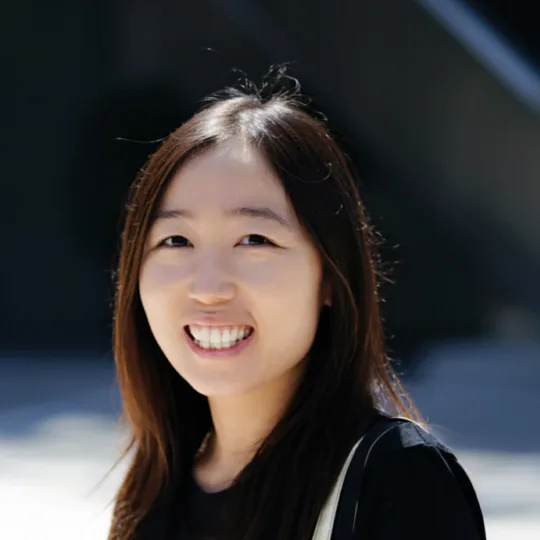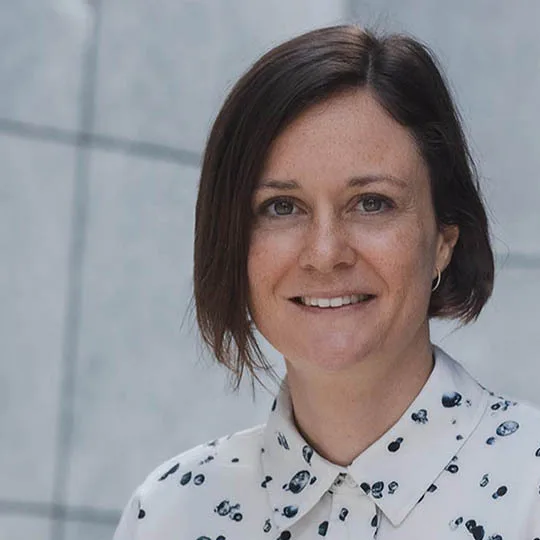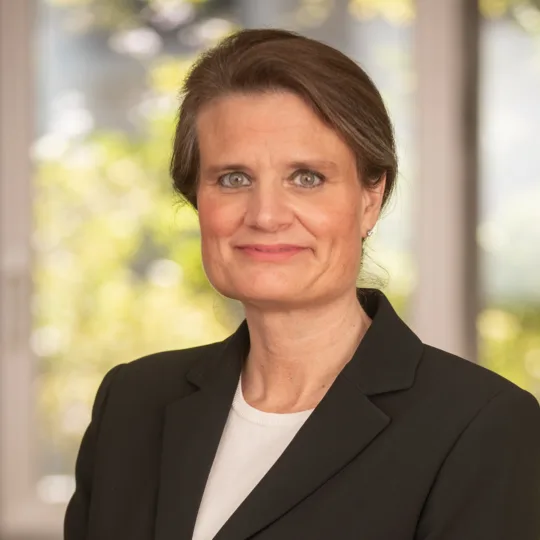Creating a common understanding of research integrity between Switzerland and China
Swissnex in China and Frontiers co-organized the first Sino-Swiss Workshop on Research Integrity. Philippe Roesle and Libing Gu from Swissnex and Stephan Kuster from Frontiers share some insights.
What are your current priorities and focus areas as part of the Swissnex network connecting Switzerland, China, and the world in education, research, and innovation?
Philippe Roesle: Firstly, when it comes to collaboration in Education, Research, and Innovation (ERI) with China, opportunities and risks need to be balanced. In my dual role as CEO of Swissnex in China and Head of the Science, Technology and Education Section at the Swiss Embassy in Beijing, my teams and I make sure that our Swiss partners – universities, researchers, start-ups – are in the best possible position to calibrate their engagement with Chinese partners. Secondly, we have chosen smart nutrition, health, and energy/environment as our focus areas for the forthcoming years, and our programmes and initiatives will be curated around them. These three areas tackle shared challenges faced by Switzerland, China, and the world, and allow for excellence-based bilateral collaboration on mutual terms.
And finally, facilitating in-person people-to-people interactions, particularly among students, is close to my heart. Enabling students to come to China, interact with peers, and build first-hand impressions is important to strengthening Switzerland’s China competences.

Philippe Roesle has been CEO of Swissnex in China since 2022. He is also Head of the Science, Technology and Education Section at the Swiss Embassy in Beijing. Before moving to China, he worked at the Swiss Embassy in London and within the International Relations Division at the State Secretariat for Education, Research and Innovation.
As a Swiss company operating in the global research and innovation sector, what drives Frontiers?
Stephan Kuster: Frontiers was founded as a start-up at the EPFL Innovation Park in 2007. We have grown to become the sixth-largest scientific publisher in the world, using the Open Access model and combining human expertise with AI technology in our editorial and quality control processes. From the start we’ve been driven by the mission to make all science open to boost collaboration, accelerate innovation, and let society benefit from the knowledge it helped produce. We can solve global, existential challenges with political determination, international collaboration, and scientific breakthroughs. But on all those counts, success will depend on the widespread sharing of high-quality scientific knowledge.

Stephan Kuster is the Head of Public Affairs at Frontiers. Frontiers is one of the largest scientific publishers in the world and all its published content is available to anyone for free in Open Access. Kuster’s role involves working with governments, research funders, universities, libraries, and policymakers worldwide to jointly develop conditions to make Open Access the default way of disseminating peer-reviewed research results.
Swissnex in China and Frontiers joined forces in May to organize the first Sino-Swiss Workshop on Research Integrity. What is the main driver of this collaborative project?
Philippe Roesle: Swissnex in China is pursuing the strategic objective of strengthening Swiss-Sino academic research collaboration. This involves fostering and enabling mutual understanding of the research principles (such as freedom of research and freedom of expression), which form the basis of academic research. Research integrity struck us as particularly important, because with the rapid emergence and development of new technologies such as AI-powered applications like Chat-GPT, our current concepts of authorship, peer review, knowledge dissemination, and data processing are potentially under threat. If we can contribute to creating a common ground on these questions relating to research integrity, then we will have also contributed to developing Swiss-Sino collaboration.
Stephan Kuster: China and Switzerland are two global leaders in research and innovation. They are very different in scope and approach, of course, but both countries rely on their knowledge sectors for economic prosperity. And on collaboration. Research integrity and collaboration are essential ingredients for producing cutting-edge science in the two countries. Both science systems can benefit from an exchange of experiences and practices in dealing with Research Integrity.
And for us as a publisher, the integrity of the research we publish is paramount, both to the global scientific project and to our own success. We work relentlessly to maintain the quality of the research we publish.
How did you collectively bring this dialogue to the audience, and what are the key takeaways?
Libing Gu: We started by leveraging the strong network Swissnex has built in China and the collaboration with Frontiers and the National Science Library of the Chinese Academy of Sciences. We carefully selected speakers from various backgrounds, including individuals from national agencies, publishers, institutional libraries, and universities. Topics including the role of bibliometrics and technologies in safeguarding research integrity, teaching research integrity to the next generation, and the challenges and opportunities of AI-assisted research were discussed. Representatives from all the parties stressed the importance of reliability, honesty, respect, and responsibility.
Stephan Kuster: The event underscored that scientific breakthroughs and the research underpinning them depend on a closely-knit network of different actors in the research cycle. All actors here have a role to play to maintain the integrity of the research. And when funders, research institutions, and publishers can deepen their collaboration and share best practices, they can collectively meet their responsibility. We can trust, open up, and share scientific research globally.

Libing Gu has been Head of Academic Relations at Swissnex in China since 2018. She previously served as Project Manager at the International Relations Office of a Chinese university, mainly in charge of promoting international collaboration in higher education and scientific research.
What is the outcome?
Philippe Roesle: The workshop’s three partner organizations – Frontiers, the National Science Library of the Chinese Academy of Sciences, and Swissnex – have jointly authored and published the outcomes from the discussions. This White Paper is publicly available and maps out where, regarding research integrity, Switzerland and China are aligned, where there are differences, and where we could resolve common challenge4s. It sets recommendations and next steps to deepen the bilateral understanding of research integrity.
What collaborations are you planning for the future?
Libing Gu: We all recognize that research integrity is a multifaceted issue with various sub-topics that require focused attention. For our next workshop, we are considering delving into a specific sub-topic, such as the transformative influence of AI on the future of research.
How does Frontiers see the value of such cooperation?
Stephan Kuster: The most striking outcomes were the realization that there is a lot of common ground and compatibility in the current approaches in China and Switzerland, as well as a common understanding that research integrity is a shared responsibility best met by collaborating between countries and actors.
There is a growing international consensus that we need to open up science, but there is still much to do. This collaboration offered us a valuable chance to create a common cause with leading researchers and institutions in China who share and understand the open science mission.
Swissnex plays a crucial role in building bridges between Swiss actors and international partners that benefit all sides, and this workshop was a valuable example.
The Swissnex network
Swissnex is the Swiss global network connecting Switzerland and the world in education, research, and innovation. Its mission is to support the outreach and active engagement of its partners in the international exchange of knowledge, ideas, and talent, thus contributing to boosting Switzerland’s reputation as a hotspot for innovation.
Contact
Author



